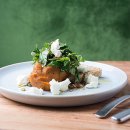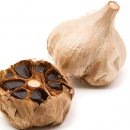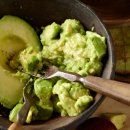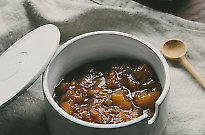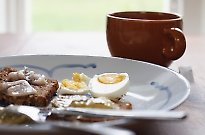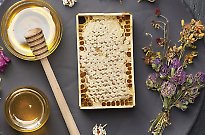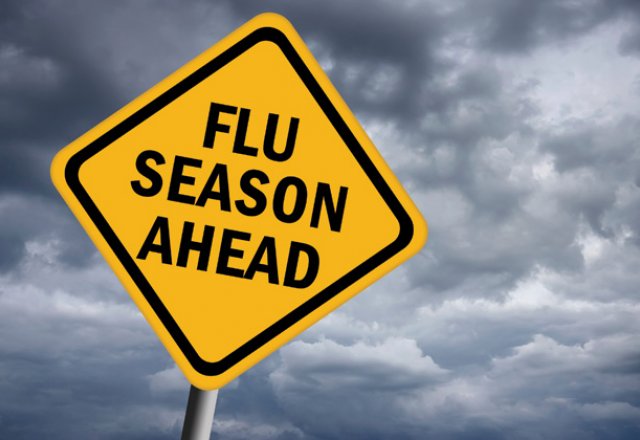
Immunity-boosting superfoods
Immunity-boosting superfoods

Vitamin-Mineral Potions and Pills
Vitamins A, C, E, zinc, and selenium are some of the vitamins and minerals that our immune systems need to function efficiently. According to a 2002 report in the British Journal of Nutrition, deficiencies of any of these nutrients (or of vitamins B6, B12, folic acid, copper or iron) can depress immunity. But the key word is deficiency; most of us – save for smokers, pregnant and breastfeeding women and the elderly – meet our needs for these nutrients with the foods we eat. If you fall into any of those higher-risk categories, talk with your doctor before taking a supplement.
And more isn’t better. Excess amounts of many nutrients are potentially harmful, and it’s all too easy for even a bright, well-educated person to go overboard. Just one multi-vitamin tablet contains 1,667 per cent of the daily recommended value (DRV) for vitamin C. After doing the math, I was stunned to discover that if we popped more tablets in a day – two more than the label recommends – we get two and a half times the established safe upper limit for vitamin C (excesses can cause gastrointestinal disturbances and kidney stones).
A daily multivitamin/mineral supplement might come in handy this time of year, but I wouldn’t risk your health or waste your money on anything beyond that. So what does work?
GREEN TEA
Mingruo Guo, Ph.D., a professor of food science at the University of Vermont and an authority on the immune-boosting potential of foods, always has a pot of green tea brewing. He drinks five to six cups a day, convinced that it has immune-enhancing effects along with other health benefits. Guo, who grew up drinking tea in China, credits tea’s polyphenols potent plant antioxidants. One laboratory study suggested that a particular type of polyphenol called catechins, may kill influenza viruses. Although just how they work isn’t fully known, research suggests that catechins, may stimulate production and activity of some immune cells and inhibit the production of disease-promoting inflammatory compounds.
Guo notes that many people are turned off by the bitterness of green tea – one downside of the polyphenols. But proper brewing techniques can help. To maximise benefits and minimise bitterness, use just-below-boiling water and steep green tea for no more than a minute or two. A little lemon and honey can also help blunt the bitterness. Don’t add milk, because the proteins will bind to the polyphenols, making them ineffective.
Probiotics
Probiotics, so-called ‘good bacteria’, found in yoghurt, sauerkraut and other foods, are touted as helping prevent the GI upsets many of us succumb to in our modern diets. According to a recent review in the Journal of the American Dietetic Association, regular consumption of probiotics may help your immune system work better, reduce the incidence of intestinal infections and improve digestion.
How do these seemingly magical bacteria work? Guo explains: The colon has as many as 100 billion microbes per gram of its content (almost half the weight of the colon for those who eat a typical Western diet) – some good, some bad. Good health depends on a balance. “GI distress happens when we have too many ‘bad’ microbes that produce toxins,” he says. Taking probiotics regularly can help “by lowering the pH of the colon, which is better for good microbes and inhibits the growth of bad microbes and may boost our immune capability.”
To stay healthy, Guo has a cup of probiotic soy yoghurt every day (he doesn’t consume dairy because he is lactose intolerant). Fermented dairy products like yoghurt or Yakult are also good bets. With the new ‘probiotic’ cereals and granola bars, it’s not always clear how much good bacteria the manufacturers actually add to the products or whether the strains included are effective. If you really want to know about the science backing a product’s ‘probiotic power,’ contact the manufacturer.
The Bottom Line
If you’re not eating as well as you should be eating, consider taking a multivitamin/mineral supplement – one with no more than 100 per cent of the DRV – as extra insurance. It can’t hurt to include a daily serving of a probiotic-rich food, and drink a cup of green tea whenever you can. I know I’ll be having yoghurt with my morning cereal and fruit.
Author: Rachel Johnson, Ph.D., M.P.H., R.D.
Photo credit: Thinkstock

